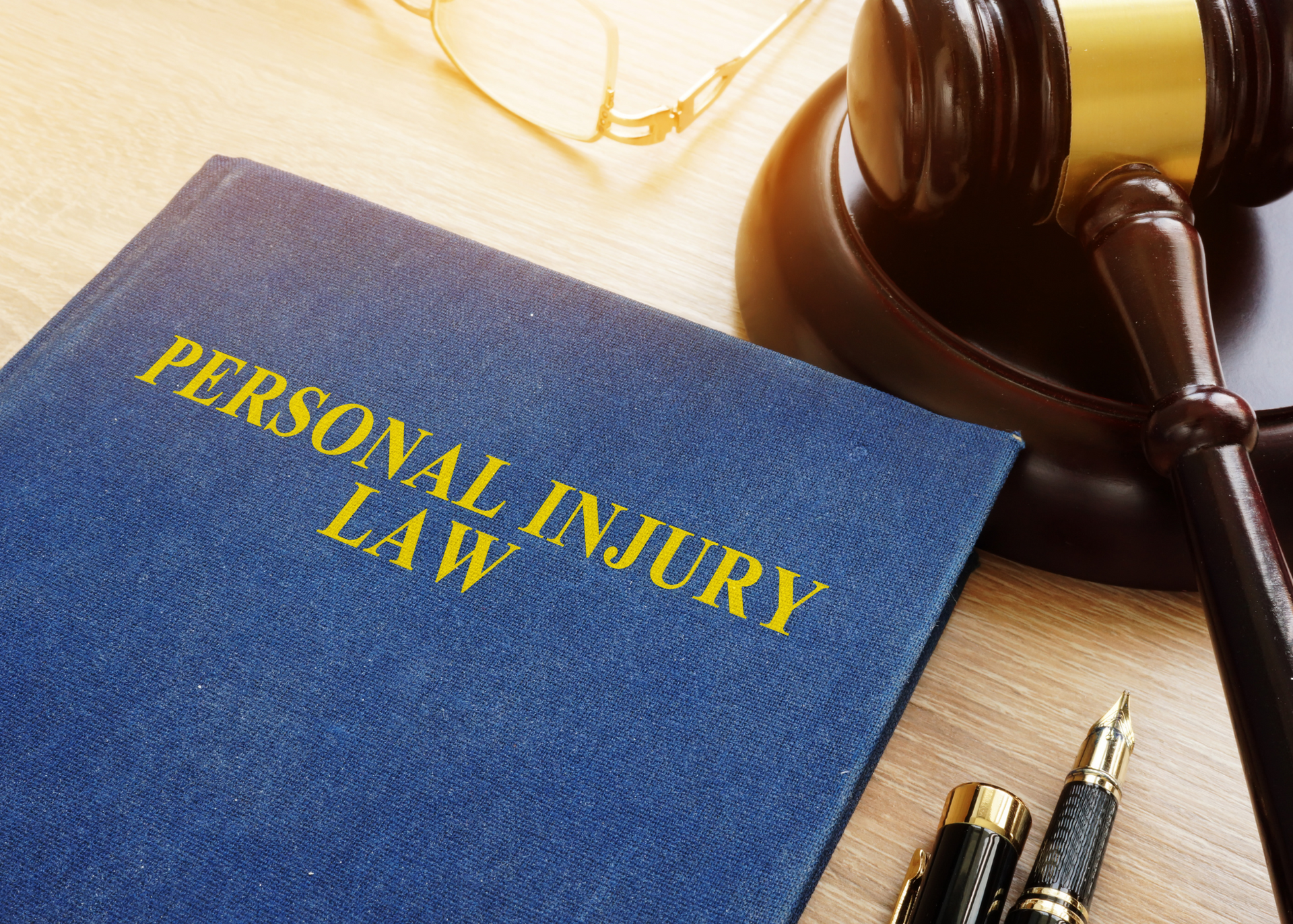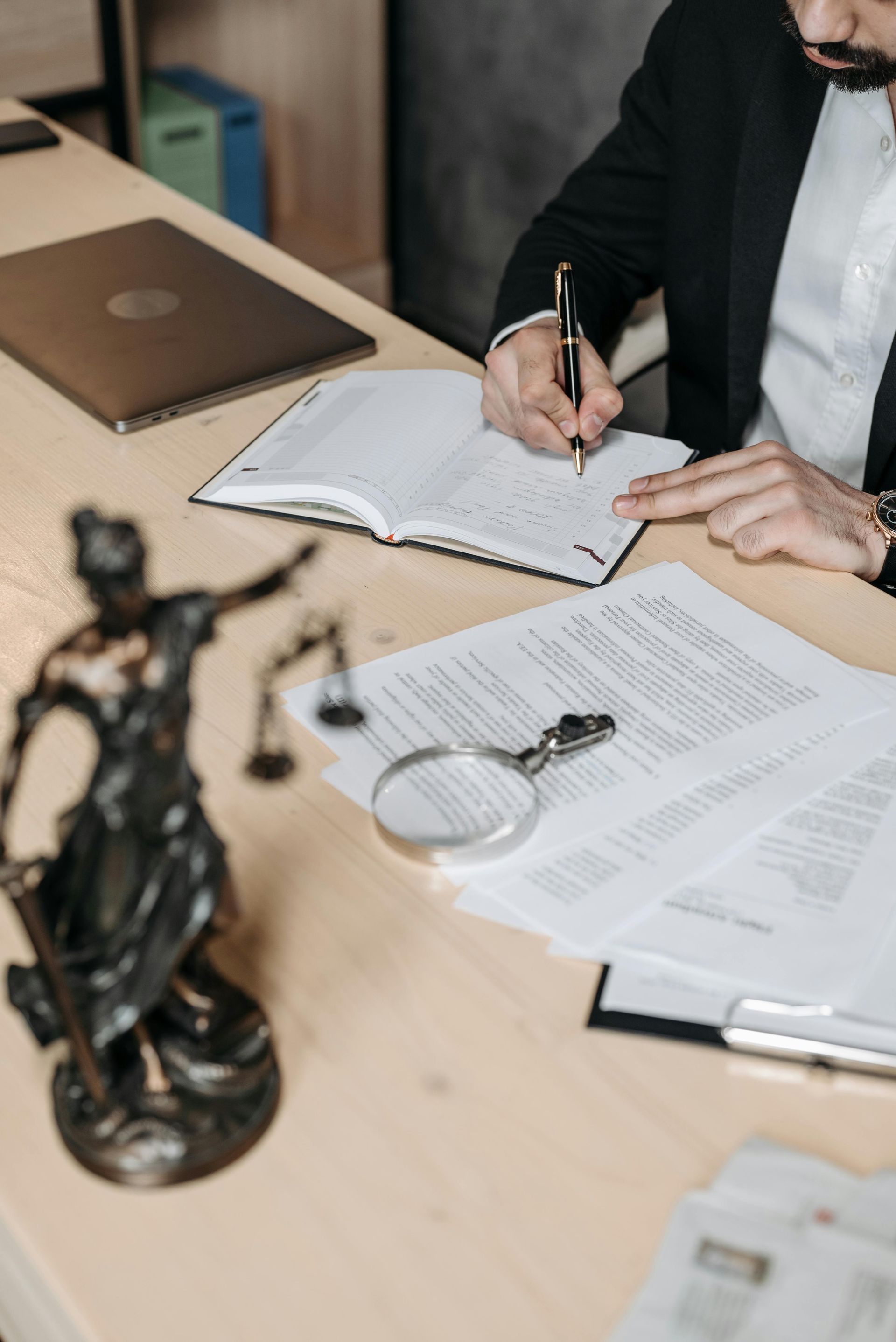How to Maximize Your Car Accident Claim
If you have recently been in a car accident, you probably feel overwhelmed and unsure of what to do next. In addition to dealing with injuries, car damage, and insurance companies, you may also be considering filing a car accident claim to recover damages. Those damages can be valuable. According to Bankrate, in 2020, the average damages for a fatal car accident were $1,750,000, and $101,000 for a non-fatal accident with injuries. Maximizing your car accident claim can be a complex process, but there are steps you can take to ensure you receive the compensation you deserve. Below are five tips to help you maximize your car accident claim.
Tip #1: Seek Medical Attention and Document Your Injuries
The first step in maximizing your car accident claim is to seek medical attention immediately after the accident. Even if you feel fine, it's important to get checked out by a medical professional to rule out any underlying injuries that may not be immediately apparent. This is important for your health and creates a paper trail that will be valuable in your car accident claim. Document all medical expenses, including doctor's visits, medications, and any necessary medical devices or equipment. You should also keep track of any missed work or income due to the accident. The more documentation you have, the stronger your case will be when negotiating with insurance companies or filing a lawsuit.
Tip #2: Collect Evidence From the Scene of the Accident
Collecting evidence from the accident scene is crucial in maximizing your car accident claim. Take photos of any damage to your vehicle and any other vehicles involved in the accident. You should also take photos of the surrounding area, including any skid marks, debris, or road conditions that may have contributed to the accident. If there were witnesses to the accident, collect their contact information. They may be able to provide valuable testimony to support your case. It's also a good idea to get a copy of the police report, which can provide additional evidence to support your claim.
Tip #3: Be Cautious When Speaking With Insurance Companies
When dealing with insurance companies, being cautious and mindful of what you say is important. Insurance adjusters may try to get you to say things that could damage your case, so it's important to avoid admitting fault or accepting blame for the accident. Stick to the facts and be honest, but avoid making speculative or assumptive statements. It's also a good idea to consult with a car accident attorney before speaking with insurance companies. They can guide what to say and how to handle the situation to ensure you receive the compensation you deserve.
Tip #4: Don't Settle Too Quickly
It's tempting to settle quickly to get the compensation you need to cover medical expenses and car repairs. However, settling too quickly can be a mistake. Once you settle, you forfeit the right to pursue additional compensation, even if new medical issues arise due to the accident. Be patient and wait until you fully understand your injuries and the long-term effects of the accident before settling. An experienced car accident attorney can help you determine the full extent of damages and ensure you receive a fair settlement.
Tip #5: Hire an Experienced Car Accident Attorney
Hiring an experienced car
accident lawyer
is one of the best ways to maximize your car accident claim. A skilled attorney can help you navigate the complex legal system and negotiate with insurance companies to ensure you receive the compensation you deserve. An attorney can also provide valuable guidance on documenting your injuries, collecting evidence, and avoiding common mistakes that can damage your case. They can help you determine the full extent of damages and ensure you receive a fair settlement or verdict if your case goes to trial.
Ready to maximize the compensation for your car accident? Contact us today at Wilson & Novak Law Offices. We can help you file a claim, negotiate with insurers, and take the case to trial if necessary. Car accident claims are complicated but there is help available. Our experienced car accident lawyers are ready to discuss your case with you. Let's connect today and start the conversation.

We will fight aggressively for get the compensation you deserve.
Schedule a free case analysis of your personal injury case.
Merrillville Personal Injury Law Firm
Wilson & Novak Law Offices
200 W 80th Place
Merrillville, IN 46410
Business Hours
- Mon - Fri
- -
- Sat - Sun
- Closed
From our offices in
Merrillville, we serve Indiana and Illinois, including these communities:
Hammond, East Chicago,
Griffith, Highland,
Gary, Whiting, Munster, Dyer, St. John,
Schererville, Cedar Lake, Lake Station,
Crown Point,
Merrillville, Leroy,
Hobart, New Chicago, Lowell, Lake Dalecarlia, Winfield, Miller, Lakes of the Four Seasons (LOFS), Lake Village, Dune Acres, Kouts, Demotte, Ogden Dunes,
Chesterton, Town of Pines,
Portage, Porter, Wheeler,
Valparaiso, Hebron, Beverly Shores, South Haven, Michigan City, LaPorte, Winamac, Lansing, Calumet City, Lynwood, Steger, Crete, Matteson, Dolton, Blue Island, Oak Lawn, Burnham, Tinley Park, Orland Park, Chicago Heights, Homewood, South Holland, Chicago, Hazel Crest, and Markham.
All Rights Reserved | Wilson & Novak Law Offices | Video Production by Initium Creative | Website Optimization by Compass Marketing
This website constitutes attorney advertising. This website is designed for general information only. The information presented on this website should not be construed to be legal advice or the formation of a lawyer/client relationship. Privacy Policy



